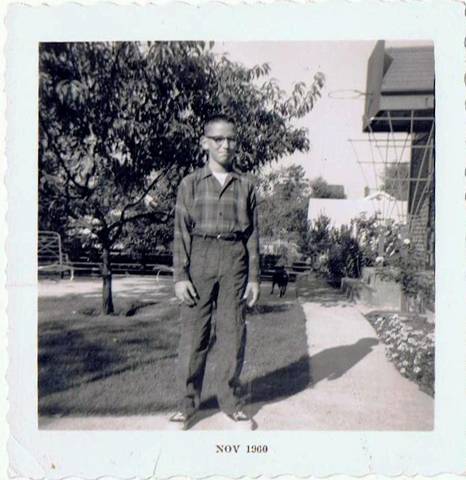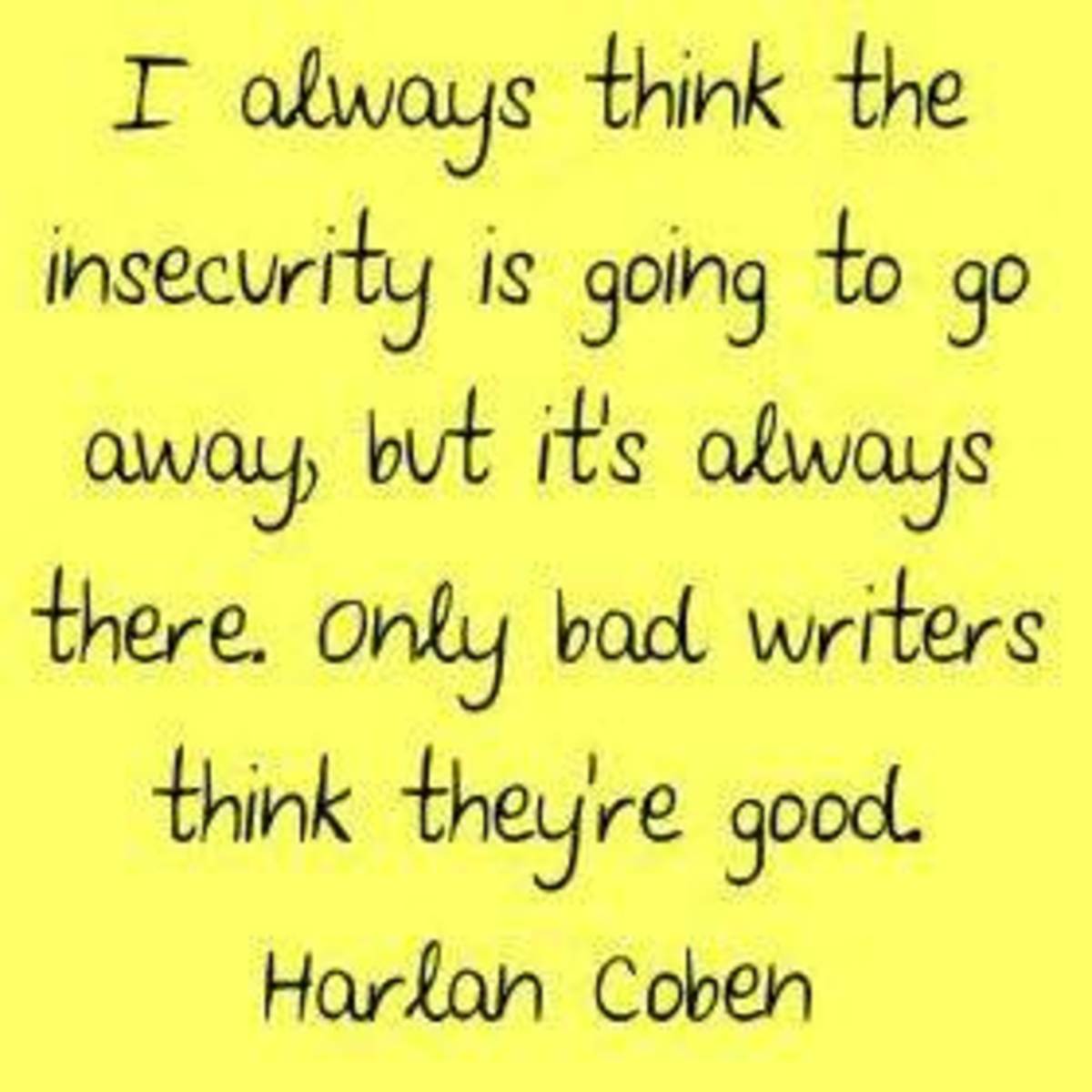How To Name Your Characters In Short Stories And Novels
Let Me Introduce You, My Friend
“Always end the name of your child with a vowel, so that when you yell the name will carry.”
There is so much wisdom in those words by Bill Cosby. Sure it’s funny, but it also alludes to an important facet of short story and novel writing, the naming of our characters.
Think about this for a second: the name we give our characters is the first introduction the reader has for those characters. First impressions can and have been made based on the fortunate, or unfortunate, naming of a character.
Our goal, then, as short story or novel writers, is to come up with a name that is memorable but not ridiculous; fairly unique without being weird. We also want to choose a name that is true to the personality of the character. The song “A Boy Named Sue” was worth a few laughs, but naming a male character Sue in a novel might be a pushing your luck as a writer.
What follows are some things to think about when naming characters. As always, take what you need and leave the rest for someone else who might be interested.

Do You Homework Before Naming Anyone
“Bob Marley isn't my name. I don't even know my name yet.”
I always suggest a writer flesh out a character before naming him or her. As I have mentioned in earlier articles, the best way to do this is to write a short bio of your main characters first; that way you can get to know your characters before giving them a label that will stay with them for the lifetime of the novel or short story.
What is their personality? Where were they born and when were they born? What are their beliefs?
A character in my novel “The 12/59 Shuttle From Yesterday To Today” is named Astarte. I began with a bio of this character; once I had a feeling for who she was I went in search of a name and found it among the ancient Phoenicians.
A mystery novel I am reading right now has a private detective as the lead character. His name is Moses Prager, and the name Moses, Old Testament in nature, is the perfect fit for this man’s personality and belief system.
Avoid Repetition and Simplification
Having too many characters with short first names is mundane at best and boring at worst. Having characters whose names rhyme is also confusing and annoying. Having names that all begin with the same letter should also be avoided.
Remember that your characters are unique individuals. With that in mind, their names should be easily recognizable and memorable.
A name writing exercise
Avoid Pronunciation Mistakes
If you can’t easily say your character’s name then how can you expect your readers to do so? If the names of your characters are so convoluted as to seem like an Algebraic formula, you might be making life a bit too difficult for your readers.
I love international thrillers, but occasionally I’ll come across an author who does not realize that Americans have a very limited experience with other cultures. They will toss in a number of foreign names and by the third chapter I can’t keep track of the characters, and once confusion sets in my attention span is severely limited.
As writers, the last thing we want to do is turn our readers off simply because of a name. When all else fails, use the KISS Method in naming, even when naming foreign nationals.

Remember Sound and Impressions
Does the sound of the name give the impression of that character that you want?
Here a little lesson in phonetics can be helpful. Hard consonants portray a strong character; soft consonants do the opposite.
Is the name pleasing to the ear of your reader? Say the whole name out loud and ask yourself if it sounds like who your character is. One technique you might use is to differ the number of syllables in the first name and the surname. Bob Robb will not work; Bob Andersen is much better because there is a rhythm to those two names. Think of some of the classic characters in literature….Atticus Finch…..Nero Wolfe….these names not only sound like the character but they flow nicely as well.

Pay Attention to the Meaning of a Name
As I mentioned earlier, one of my characters, Astarte, was chosen because the name means fertility and that was significant in my novel.
I was just talking with a friend from India the other day. Her name, Vidya, means education, and she mentioned another name, Vinaya, which means ‘one who is humble.’ Both are wonderful examples of this writing tip.
Name search aid
- Names - Meaning of Names
Search Names, name meanings, etymology and history of names, surnames, cities and more. You have came to right place to find thousands of names and meaning of names.
Do Your Research
The internet has made it so easy to come up with suitable names for characters. If I were to name an elderly person in a story, I might try online obituaries of people born in the early 1900’s or late 1800’s. If I were to name someone of a different ethnicity, a simple Google search would prove invaluable.
Phone books are very handy if you are stumped on a name as are baby name books. Newspapers are another source worth checking out. I am not big on reinventing the wheel and I’m certainly not big on inventing names. Do your research and borrow freely. Having said that, I would avoid naming your next character Atticus Finch. That might be stepping over the invisible lines of good taste and common sense.
Helpful thoughts from an author
Ask Your Character How They like Their Name
I know….I know….sounds silly, but hang with me a second. Presumably you know your character. Try this exercise: ask your character if they like the name you gave them. How do they feel about it? What kind of reaction does it spark in them? Their answers to those questions just might inspire a backstory about them or give you a clue to their emotions.
The more you know about your character the more your character will come alive for you and for your readers. Have conversations with your characters and get to know them; it will pay dividends.
Join me on my writing blog
- Artistry With Words | A topnotch WordPress.com site
A site just for writers and writer wannabies. No ads; nothing but tips and discussions about writing.

Enough with the Homework
Memorable but not ridiculous…..unique without being weird….loyal to the personality of the character….these, then, are your goals when naming characters for your story or novel.
Naming may seem like a rather simple affair, but if you take a look at the names of some of your favorite fictional characters, I think you will discover they had a bit more depth and meaning than you originally guessed.
There are no shortcuts to good writing. I have said this over and over again, and chances are I will repeat it in the future. Writing is a craft. It is an art form. If everyone could do it easily then it would no longer be a craft; it would simply be glorified diary writing.
The greats who have come before us, and the greats who are writing today, all understood this truth. It is one thing for friends and family to tell us that we are good writers; it is another thing altogether to earn that label.
Work at your craft. Do the little things that separate the exceptional writers from the average writers. When you have done that then sit back, pour yourself a cold drink, and toast yourself for a job well done.
2013 William D. Holland (aka billybuc)
“Helping writers to spread their wings and fly.”









